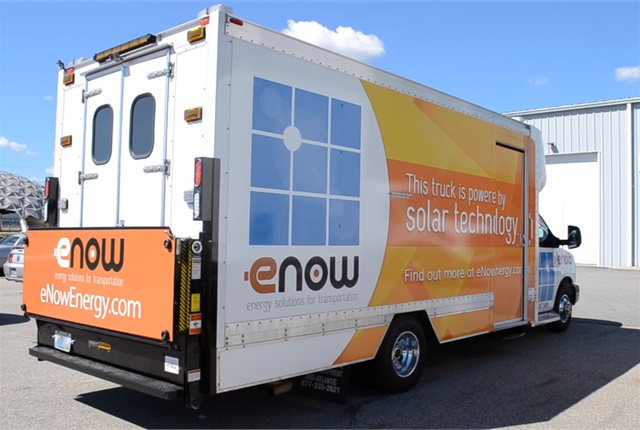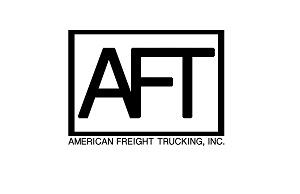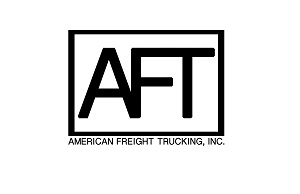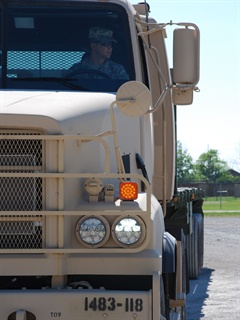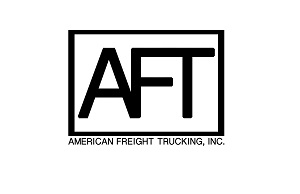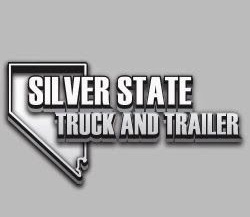Emissions-Free Refrigeration Unit Project Gets $400K Grant
Screenshot via eNow
">Screenshot via eNow
">Renewable energy solutions company eNow has received a $400,000 grant from the San Joaquin Valley Air Pollution Control District to deploy its solar panel refrigeration solution in the area's transportation networks.
The proposed project is meant to demonstrate an electric replacement for truck refrigeration units. ENow is collaborating with Johnson Truck Bodies to provide the demonstration unit, and Challenge Dairy will operate the demonstration vehicle. The deployed trucks will use an all-electric refrigeration unit powered by eNow's solar panels and Johnson All Electric Cold Plate System. These systems are exempt from carbon emissions as defined by the Air Resources Board.
The proposed system uses photovoltaic enhanced battery-electric refrigeration systems augmented with a hybrid active evaporator/cold plate refrigeration system to provide for a 12-hour route operation. The demonstration system will be sized for a medium-temperature application, suitable for produce or dairy product delivery.
Both industrial product manufacturer Emerson and Johnson Truck Bodies will conduct refrigeration system tests in collaboration with eNow and Challenge Dairy, defining parameters for remote monitoring.
“Finding new technologies will be the key to the Valley coming into attainment for tough federal air quality standards,” said Seyed Sadredin, executive director and air pollution control officer of the SJVAPCD. “We are excited to support new technologies that improve air quality and are economically advantageous at the same time. This grant definitely fits that criteria.”
The project is currently in development and is expected to begin testing in September.
Related: Calif. Clean Air Plan Calls for Further NOx, PM Reductions
Follow @HDTrucking on Twitter
